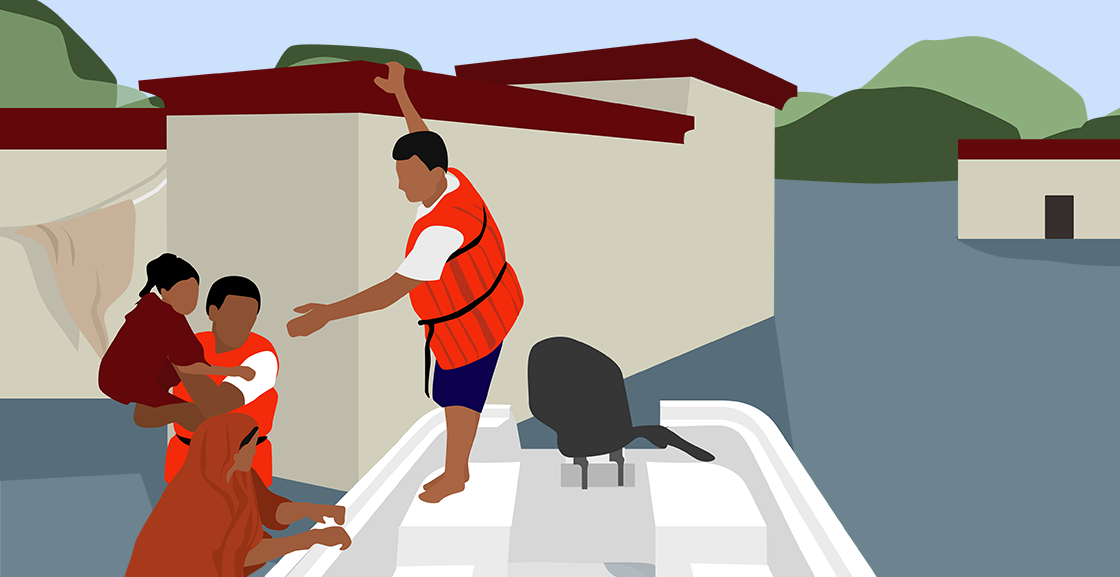
Climate and environmental change impacts human health, society, and the planet, and the most severe harms fall disproportionately upon marginalized people and communities who have contributed the least to the crisis.
The Population Council’s initiative on Population, Environmental Risks, and the Climate Crisis (PERCC) generates ideas and conducts research on sustainable and equitable solutions to pursue justice in the face of climate and environmental change.
PERCC works across disciplines and sectors to build a global body of evidence on population and climate issues—fostering innovation and collaboration among often siloed research disciplines across the climate sciences, demography, economics, and public health. PERCC generates knowledge on how the climate crisis intersects with ingrained economic and social inequalities.
We examined vulnerability of agriculture to climate change and the risk of child malnutrition in Burkina Faso and India; climate-induced livelihood transformations, reproductive health, and fertility in drought-affected communities in Zambia; and drinking water salinity and pre-eclampsia using health surveillance data from Bangladesh.
PERCC researchers also developed demographic projections to investigate the complex interplay between people and the climate. Our innovative Community Demographic Model, a modeling system and integrated tool, allows users to explore socio-demographic trajectories and understand how global societies might change with respect to population growth and distribution, composition, economic inequality, urbanization, and energy use. Through the Innovative Models of People and Climate Across Time and Space (IMPACTS) project, PERCC researchers are collaborating with climate and energy modelers to understand future patterns of climate and population to facilitate more inclusive and scalable solutions.